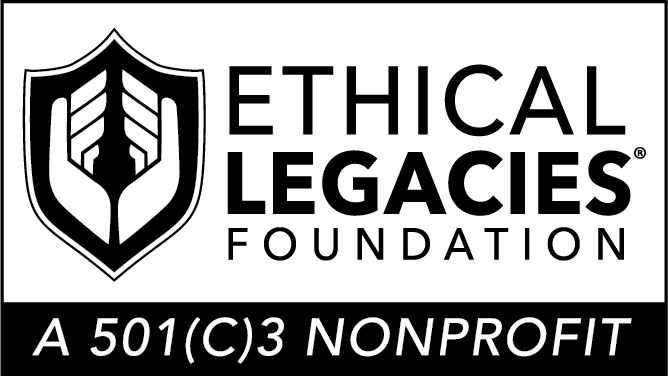 Consumers have little tolerance for companies with compartmentalized or inconsistent acts of goodwill, or organizations that showboat these acts to convince the public of their goodness.
Consumers have little tolerance for companies with compartmentalized or inconsistent acts of goodwill, or organizations that showboat these acts to convince the public of their goodness.
The 2017 Cone Communications CSR Study on corporate social responsibility (CSR) suggests that consumers do not differentiate between a company’s intentional public image and its private internal environment. Consumers also expect businesses to take stands on social justice issues and consider that action to be an essential element of CSR.
Cone Communications, a public relations and marketing firm that specializes in cause marketing and corporate responsibility, has tracked the likelihood that consumers would buy a product associated with a good cause for almost 25 years.
Based on a demographically representative sample of 1,000 Americans, the study indicates that increasingly, modern consumers demand a more holistic view of a company when determining whether to support the business with their money, so companies must learn to communicate to the public not only their CSR efforts, but also their official views on social justice issues and policies on treating employees well. The study found that 39% of respondents admit to having researched a company’s business practices or support of social or environmental issues in the past 12 months. Those figures are 6 percentage points higher than they were in 2011.
The study also found that seven in 10 Americans “believe companies have an obligation to take actions to improve issues that may not be relevant to everyday business operations.”
The stakes for CSR grow higher, in part, because consumers are losing faith that government will solve various issues. According to the study, 67% of Americans “believe progress on key social and environmental issues will be slowed in the potential absence of government regulation.” Therefore, 63% “are hopeful businesses will take the lead to drive social and environmental change moving forward.”
The changing generational make-up of consumers appears to be increasing CSR importance and standards. Millennials are gaining spending power, and 85% of them “seek out responsible products whenever possible.” Among Millennials, 71% are “ardent in believing businesses should take the lead in the absence of government regulation.”
Another factor raising the stakes is that consumers are growing more cynical of highly publicized efforts to do good in the world. They require more convincing to believe efforts are real. “Nearly two-thirds (65%) of consumers said that when a company takes a stand on a social or environmental issue, they will do research to ensure it’s being authentic.”
Methods of communicating about CSR appear to be evolving as well, with 79% of consumers saying they are more likely to be convinced of a company’s CSR efforts if they hear about it through multiple forms of media, and 65% of customers sharing and learning about a company’s CSR efforts through social media.
Of all aspects of responsible business operations, survey respondents prioritized “being a good employer” higher than any other aspect, with 94% saying it was very important. “This research also demonstrates that being a good employer can have broader brand and reputational benefits among external stakeholders,” the report states.
Consumers see a company prioritizing the welfare of employees as part of being responsible to the global community and do not see it as a separate issue from CSR. They no longer consider CSR to be an external practice only, but rather one that organizations must apply to their internal workings as well.
Consumers say they are more likely to have a positive image of a company, to trust a company, and to be loyal to a company that supports social and environmental issues. In 2017, 89% of consumers said they would switch brands to one associated with a good cause, given similar products and price points.
Businesses can benefit from CSR programs, but they can also suffer from a lack thereof. Findings suggest that failure to engage in and communicate CSR efforts and advocacy for social justice, both externally and internally, can actually hurt a business’s profit. Among respondents, “87% say they would purchase a product because a company advocated for an issue they cared about, and 76% say they would refuse to buy a product if they found out a company supported an issue contrary to their beliefs.”
Higher stakes for CSR result from an uncertain political climate, the growing spending power of Millennials, and cynicism from consumers. Requirements for CSR have expanded to include internal operations and taking stances on environmental and social justice issues. Consumers not only reward CSR initiatives but also can punish businesses for lack of responsibility or differing views on social issues. The upshot, the findings suggest, is that 91% of respondents say “it’s okay if a company is not perfect, as long as it is honest about efforts.”
 Did you enjoy this content?
Did you enjoy this content?
If so, sign up below to be the first to receive new articles, updates and news from Ethical Legacies.

 Did you enjoy this content?
Did you enjoy this content?
